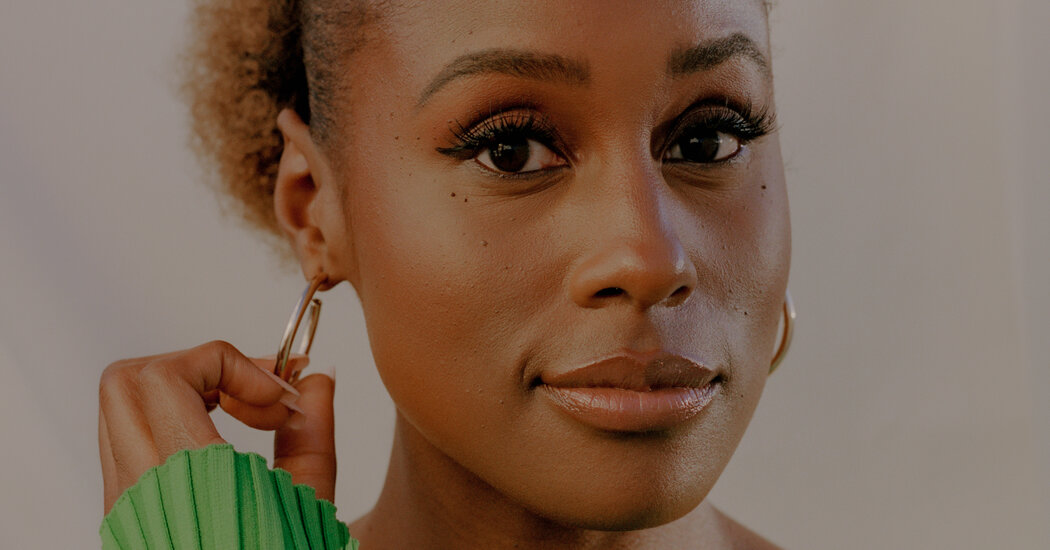
PENNY: Issa said in the writers’ room at one point: “When you’re white, racism is a period. Like, ‘This is wrong, this needs to stop, period.’ But when you’re Black, it’s a comma.” It’s like, this racist thing happened to me, but I still have to go pay bills, still have to drive and go home and see my kids. Yes, this thing happened, but how are you going to deal with it?
In 2016, “Insecure” and “Atlanta” broke new ground as comedies about Black millennials. Did any of you ever feel pressure to speak for your generation?
MELINA MATSOUKAS: I never felt the burden of having to speak for an entire generation of people. The task we felt was to show these characters and this environment authentically. That meant actually shooting in the neighborhoods these characters are from, speaking to and incorporating those people into our storytelling, using strong female relationships and all the things that are authentic to a real, vibrant community and the world where Issa Dee comes from.
Was representing Black people of varying class statuses part of that honesty? The characters Issa and Lawrence, for example, live in the Dunes, an apartment complex with predominantly working-class Black residents, even though they graduated from Stanford and Georgetown.
RAE: To Melina’s point, it was authenticity. I graduated from Stanford and didn’t have a job, so I moved back to L.A. into my parents house, and the first place I moved to after that was a Dunes-like apartment complex where you have people of different classes.
PENNY: There’s this expectation that we have to be perfect and excellent all the time. I remember we when we were pitching it with the title “Insecure,” there was push back about that because insecurity is not usually associated with Black people. That was such a moment for Issa, Melina and me, and it made me realize, “No, that’s even more reason we want the show to be that.”



